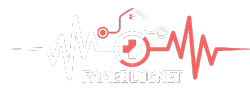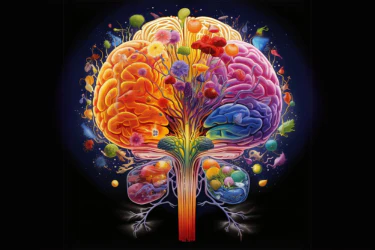Exploring Neurological Assessments in Pediatric Neurology Practices
Pediatric neurology focuses on diagnosing and treating neurological conditions that affect children. This ranges from developmental delays to complex brain and nerve disorders. A key part of this care involves neurological assessments, which specialists use to understand how a child’s brain and nervous system are functioning. Here’s more information on neurological assessments in pediatric brain care:
Significance of Neurological Assessments
Children’s brains develop differently from adult brains. A pediatric neurology assessment can help detect problems early. These evaluations help doctors understand if a child’s development is on track or if there are areas that need support. Early detection makes a big difference in outcomes.
When doctors find neurological conditions early, they can start helpful treatments right away. This approach gives children the best chance to reach their full potential. The developing brain responds well to early intervention, which is why timing matters in child neurology. Neurological assessments also help families understand their child’s condition better. Parents get clear answers about what’s happening and what they can do to help.
Types of Neurological Assessments
Pediatric neurology practices use different tests to check how the nervous system works. Each test focuses on different aspects of brain and nerve function, contributing unique insights into a child’s condition. Here are some common types of neurological assessments:
- Physical and Neurological Exams: These tests evaluate reflexes, muscle strength, coordination, and sensory responses. They also assess balance, walking patterns, and fine motor skills.
- Nerve Function Tests: These tests measure how well nerves send signals throughout the body, identifying any disruptions in communication within the nervous system.
- Brain Imaging Tests: Techniques such as MRI and CT scans create detailed pictures of the brain’s structure, helping to identify any physical abnormalities.
- Cognitive and Developmental Tests: These assessments evaluate thinking abilities, memory, and learning processes, offering insights into how well different parts of the brain work together.
- Speech and Language Evaluations: These tests analyze communication abilities, helping to determine if speech or language delays are related to underlying neurological issues.
Together, these assessments provide a comprehensive understanding of a child’s neurological health.
Role in Treatment and Care
Neurological assessments provide the foundation for treatment plans in pediatric brain care. Once pediatric neurology specialists understand the specific problem, they can recommend the most helpful treatments. Some children benefit from medications, while others need therapy or lifestyle changes.
Treatment plans are different for each child because every brain develops uniquely. Some children with ADHD may need medication and behavioral therapy. Children with epilepsy often require specific medications to control seizures. Developmental delays may call for physical therapy, occupational therapy, or speech therapy. Follow-up assessments help doctors track progress over time. The brain changes as children grow, which necessitates updates to treatment plans.
Schedule a Pediatric Neurology Evaluation
Neurological assessments provide key insights into how children’s brains and nervous systems function. Pediatric neurology specialists use these evaluations to help identify problems early. From physical exams to brain imaging, each test gives doctors helpful information for creating effective treatment plans. For concerns about your child’s neurological development, contact a local pediatric brain care practice to schedule a comprehensive evaluation today.







